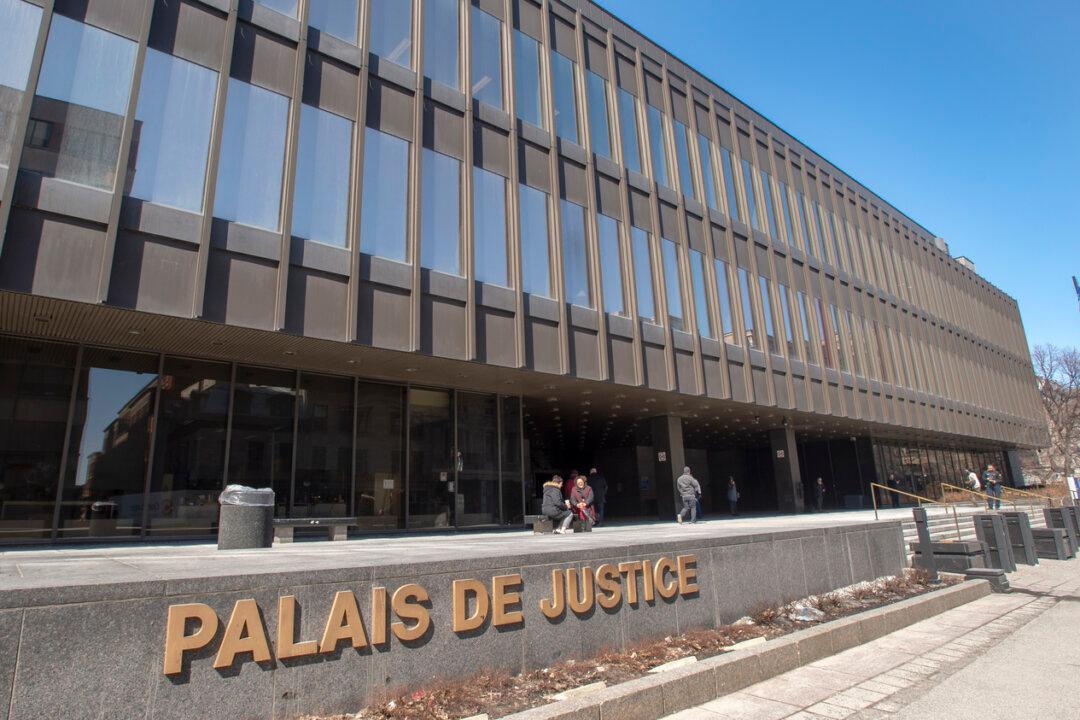A Montreal teacher has launched a court challenge against Quebec’s education ministry, saying her school instructed her to lie to a student’s parents about the teen’s gender transition.
The courts have ordered that the teacher’s name not be released due to confidentiality.





